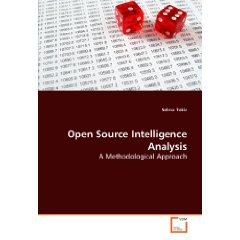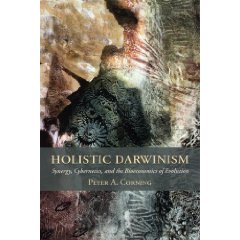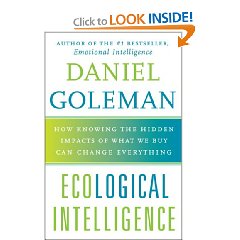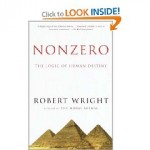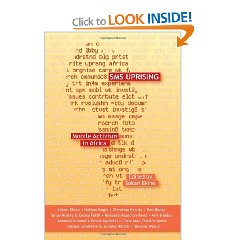
![]() Beyond Six Stars–Hugely Important Useful Collection
Beyond Six Stars–Hugely Important Useful Collection
February 20, 2010
Edited by Sokari Ekine
Contributing authors include Redante Asuncion-Reed, Amanda Atwood, Ken Banks, Chrstinia Charles-Iyoha, Nathan Eagle, Sokari Ekine, Becky Faith, Joshua Goldstein, Christian Kreutz, Anil Naidoo, Berna Ngolobe, Tanya Notley, Juliana Rotich, and Bukeni Wazuri
This book will be rated 6 Stars and Beyond at Phi Beta Iota, the Public Intelligence Blog, where we can do things Amazon refuses to implement here, such as sort useful non-fiction into 98 categories, many of the categories focused on stabilization & reconstruction, pushing back against predatory immoral capitalism, and so on.
When the book was first brought to my attention it was with concern over the price. The price is fair. Indeed, the content in this book is so valuable that I would pay $45 without a second thought. I am especially pleased that the African publishers have been so very professional and assured “Look Inside the Book”–please do click on the book cover above to read the table of contents and other materials.
This is the first collection I have seen on this topic, and although I have been following cell phone and SMS activism every since I and 23 others created the Earth Intelligence Network and put forth the need for a campaign to give the five billion poor free cell phones and educate them “one cell call at a time,” other than UNICEF and Rapid SMS I was not really conscious of bottom-up initiatives and especially so those in Africa where the greatest benefits are to be found.
I strongly recommend this book as a gift for ANYONE. This is potentially a game-changing book, and since I know the depth of ignorance among government policy makers, corporate chief executives, and larger non-governmental and internaitonal organization officials, I can say with assurance that 99% of them simply do not have a clue, and this one little precious book that gives me goose-bumps as I type this, could change the world by providing “higher education” to leaders who might then do more to further the brilliant first steps documented in this book.
Continue reading “Review: SMS Uprising: Mobile Activism in Africa”

